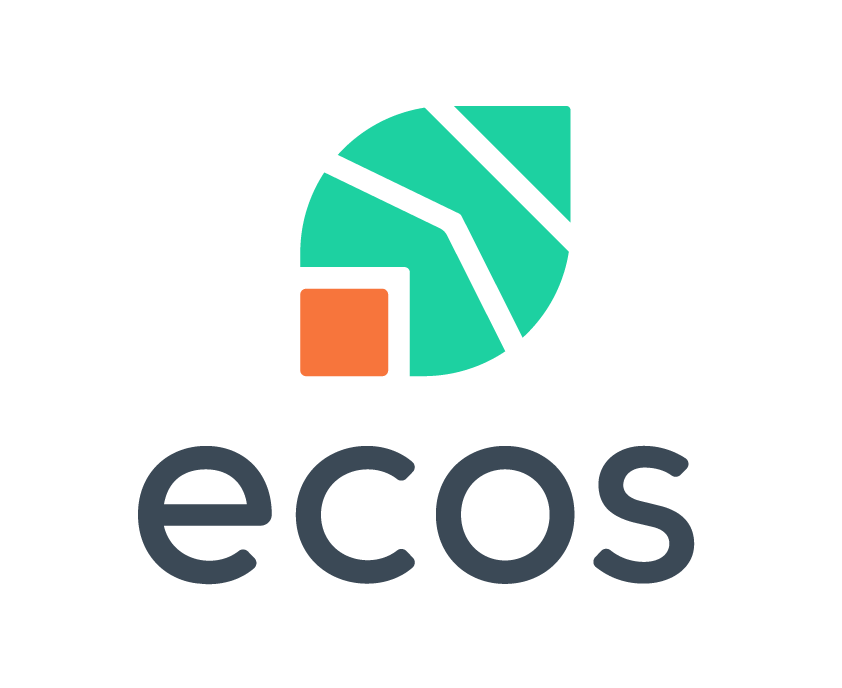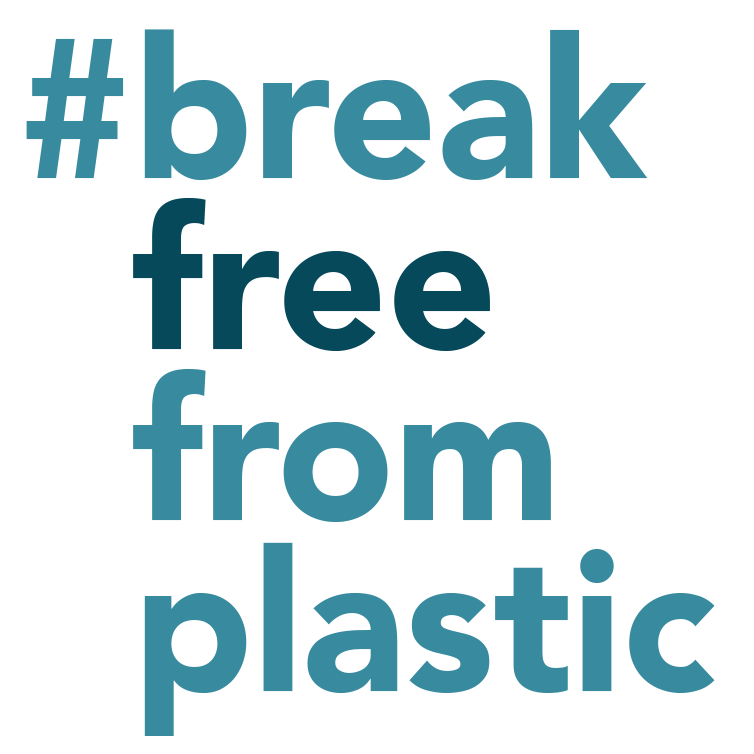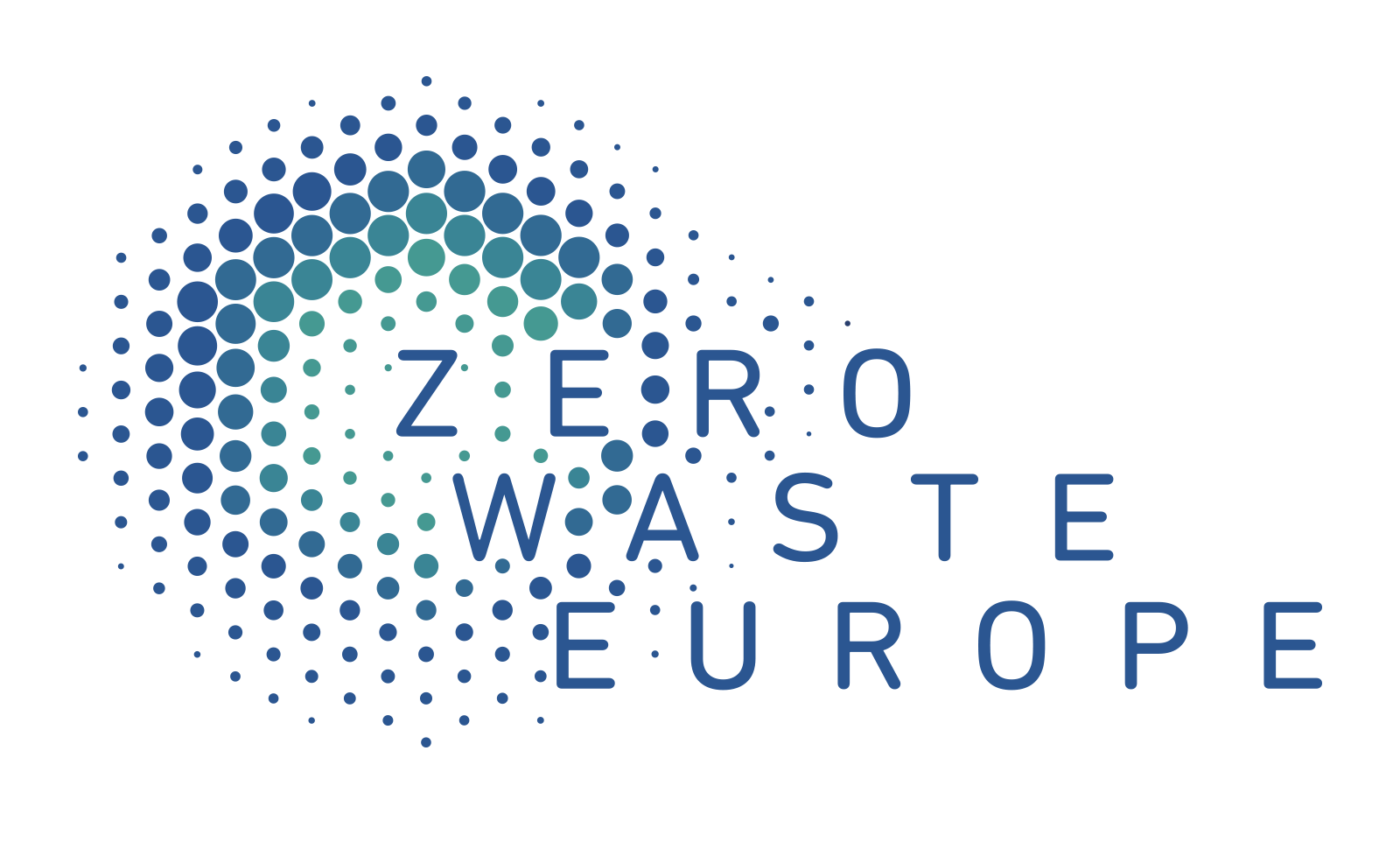Realising Reuse Report: reusable packaging target of 50% in key sectors could drastically reduce CO2 emissions, water consumption and waste
A reusable packaging target of 50% by 2030 in the EU for three key sectors could lead to the reduction of 3.7 million tonnes of CO2, 10 billion cubic metres of water and nearly 28 million tonnes of material, according to a new report from the Rethink Plastic alliance and the Break Free From Plastic movement launched today.
A reusable packaging target of 50% by 2030 in the EU for three key sectors could lead to the reduction of 3.7 million tonnes of CO2, 10 billion cubic metres of water and nearly 28 million tonnes of material, according to a new report from the Rethink Plastic alliance and the Break Free From Plastic movement launched today.
That’s equivalent to CO2 absorption by 170 million mature trees, and the saving of nearly 4 million olympic swimming pools’ worth of water and nearly 3.5 million truckloads of material.

Based on a study conducted by Circular Economy Portugal, the report highlights the capacity for reuse to thrive with the right sector specific targets, policy frameworks, contributing significantly to circular economy and Paris Agreement objectives, while saving companies and consumers money.
The study focuses on 3 sectors: 1) take-away food containers and cups, 2) mailing packaging for e-commerce clothing and accessories and 3) household care product containers used in large retail.
Key recommendations
Key recommendations include a 100% reusable target for eat-in consumption in the hotel, restaurant and catering sector, and a 75% reusable target for food takeaway and delivery, a rapidly growing industry which has seen a significant increase in single-use plastic production since the COVID-19 pandemic.
Sector-specific targets, harmonising and simplifying packaging composition and formats, capping single-use plastic usage and investing public funds into research and development are also proposed. Some of these solutions are discussed today at the REUSE conference organised today by Environmental Action Germany (DUH), CEGROBB, Private Breweries Germany and Reloop.
Expert voices
“Virtually all packaging sectors are currently dependent on single-use packaging, and this comes at a huge cost for the environment and for society. If we look at case studies of reusable systems for household products in the UK, France and Germany for example, we see there are numerous existing models that can be implemented to provide the best option for various scenarios.”
Larissa Copello, Consumption and Production Campaigner at Zero Waste Europe
“In the absence of standards on how to design reusable packaging formats and run interoperable reuse systems, businesses face high unnecessary costs that make it difficult to compete with single-use. The EU could see reusable packaging flourish if EU policy-makers finally agreed to set requirements for reusable packaging formats and systems, at great benefits to the environment and society.”
Samy Porteron, Programme Manager at the Environmental Coalition on Standards (ECOS)
“For decades European policies on packaging have been focused on end of pipe solutions and recycling. Consequently, reuse is at its lowest level and packaging waste at its highest level in history. If policy makers are committed to the circular economy its time reuse is taken seriously. The upcoming revision of the Packaging and Packaging Waste Directive presents an ideal opportunity to do this”
Jean-Pierre Schweitzer, Policy Officer for Products and Circular Economy at the European Environmental Bureau
-
Press Release 09.04.2025 | For immediate release | Brussels, Belgium
-
Member States must step up efforts to ensure the EU meets its packaging waste goals, says the NGO group Rethink Plastic alliance. A new report…






